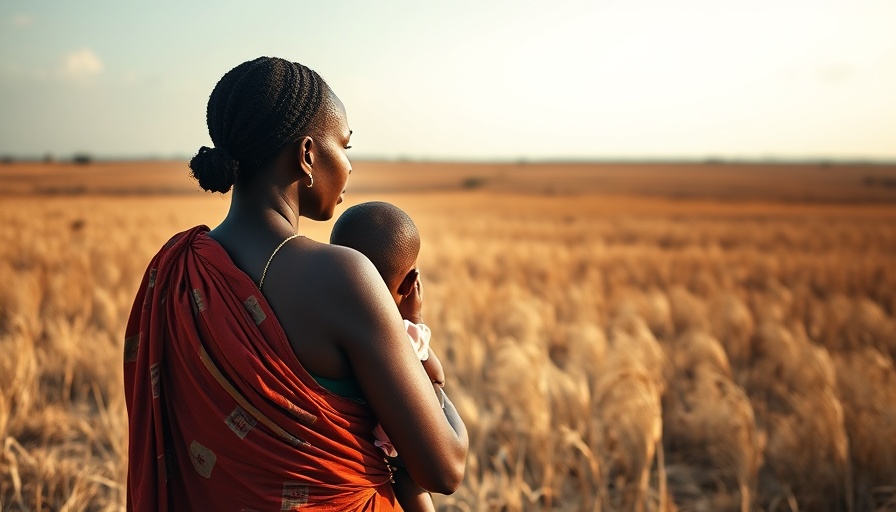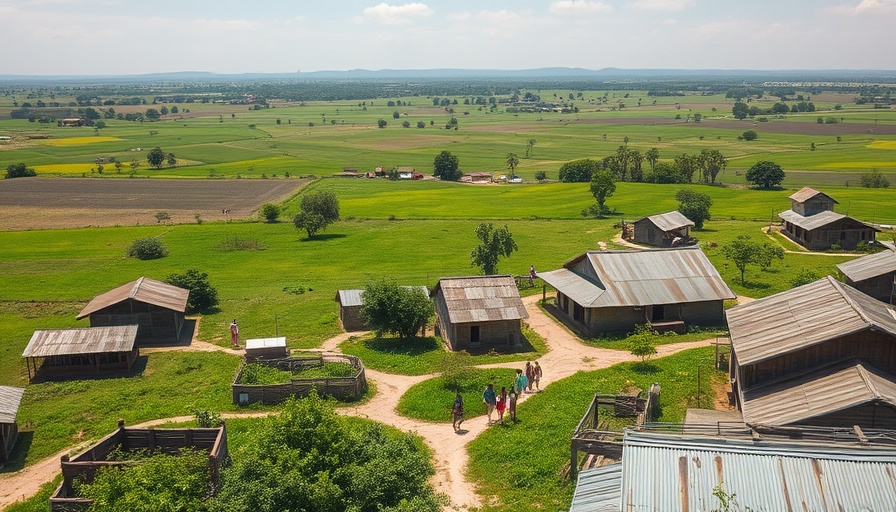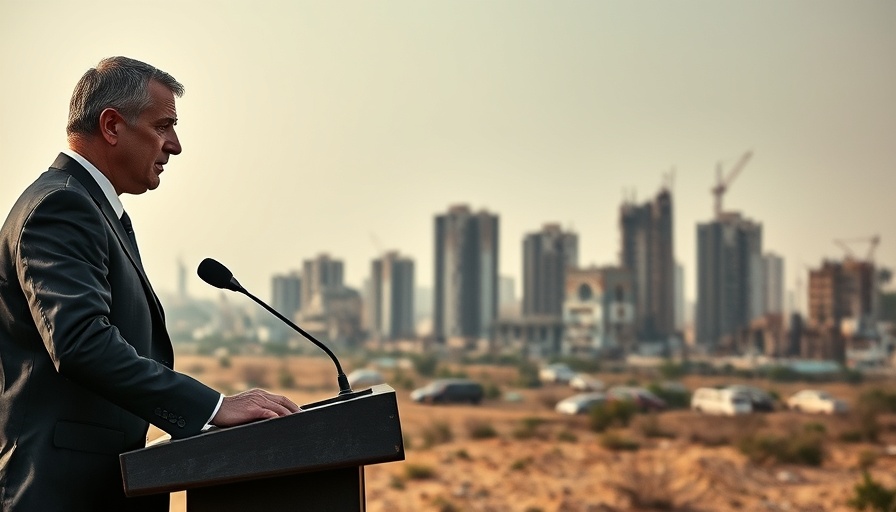
Faith Amidst the Darkness: Rifkatu's Journey
Rifkatu's journey from unimaginable suffering to irrepressible hope is a powerful testament to resilience and faith. Just four weeks after marrying Zamai, a pastor in their small Nigerian village, Rifkatu's life transformed into a nightmare. She and her sister-in-law were kidnapped by Fulani militants on their way home from work on their farm, thrusting them into a harrowing ordeal that exemplifies the threats faced by so many Christians in Nigeria. During the three days of captivity, the militants subjected them to repeated assaults, treating them merely as objects rather than human beings.
Despite the terror surrounding her, Rifkatu clung to her faith. In her darkest moments, she prayed, drawing strength from the belief that God would free her. "I didn’t lose hope," she recalls, inviting all of us to witness the potent combination of faith and sheer willpower that defines her narrative. Fortunately, divine intervention came swiftly. Believing she experienced a miscarriage due to her injuries, the militants released both women, leading them back to safety.
Healing from Trauma: A Long Road Ahead
Pastor Zamai's reaction upon Rifkatu’s return offers a glimpse into the emotional dynamics of their reunion. Although he felt overwhelming joy, the impact of trauma lingered heavily on Rifkatu. She confessed feeling frightened and alone, even in the embrace of her loving husband. Sadly, society's reaction to her return further compounded her struggles; people questioned the legitimacy of her maternity, suggesting that her daughter Maryam was a product of the terrorists’ torment.
Rifkatu’s strength, however, shines through her commitment to forgiveness. "I have forgiven them in my heart. And may Almighty God help them to repent," she states, offering an extraordinary perspective on healing that transcends retaliation and bitterness. Her willingness to forgive marks a crucial step not only for her emotional recovery but for the broader community striving to reconcile with profound wounds.
The Role of Community in Healing
It is critical to acknowledge the role of community support during the healing process. She eventually found help through a trauma care center affiliated with Open Doors, where compassion and shared experiences provided her with hope and solace. The program encouraged participants to share their pain—an experience Rifkatu described as freeing. They wrote their burdens on paper and ceremoniously burned them, embracing healing through collective mourning and rebirth.
This shared ritual resonates profoundly, illustrating how community can foster healing in the aftermath of collective trauma. As people gathered to support one another, they transformed individual tragedies into collective healing—an essential aspect of rebuilding both faith and mentality after experiencing such profound violence.
Lessons in Resilience and Faith
Rifkatu's story is not isolated; it serves as a microcosm for many Christians living under oppression. As sympathetic voices amplify their narratives, it becomes increasingly vital for those of us outside their contexts to engage, connect, and advocate for their rights and well-being. The calls for support and understanding have never been more urgent. As Rifkatu highlights the necessity to pray for Christian women facing persecution, we are reminded that their challenges persist long after the headlines fade.
Rifkatu's journey is a testament to the human spirit's power to transcend unimaginable suffering. It invites us, as advocates and compassionate believers, to broaden our perspectives and extend our support to communities like hers, marked by resilience and unwavering faith against the backdrop of societal neglect.
Taking Action and Supporting the Cause
Engaging in actions that support persecuted Christians can take many forms—signing petitions, donating to organizations providing trauma care, or even educating ourselves about the realities faced by these communities. Every effort counts, and as Rifkatu's story illustrates, tangible support can lead to hope, healing, and renewal.
As we reflect on Rifkatu's incredible journey, let us also consider the impact of our collective consciousness and actions. When we unite in prayer and advocacy, we work towards a brighter future, free from chaos and violence.
 Add Row
Add Row  Add
Add 








Write A Comment